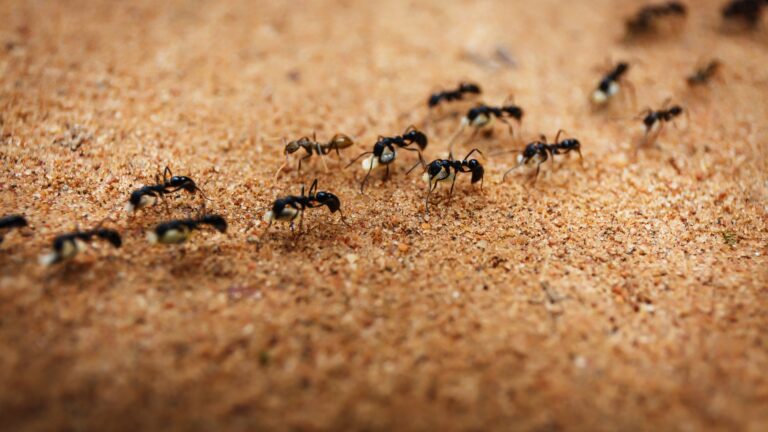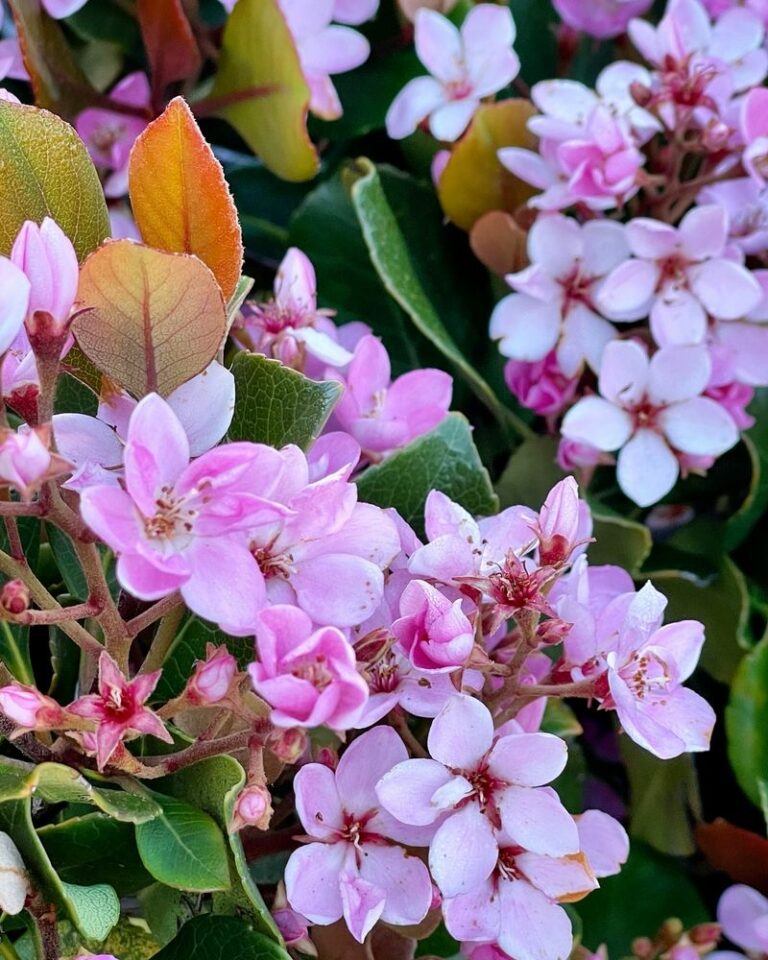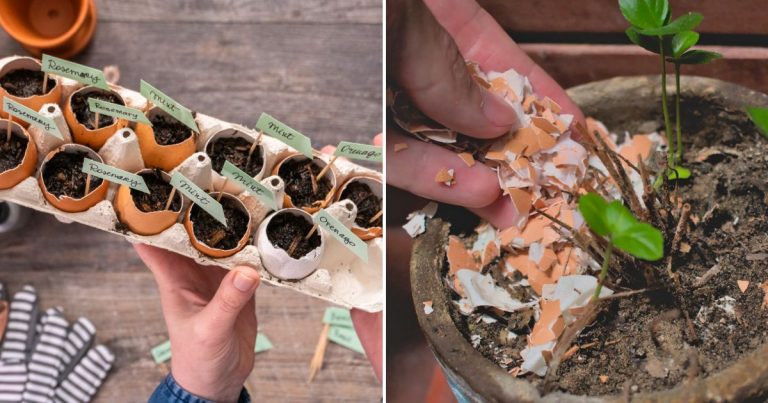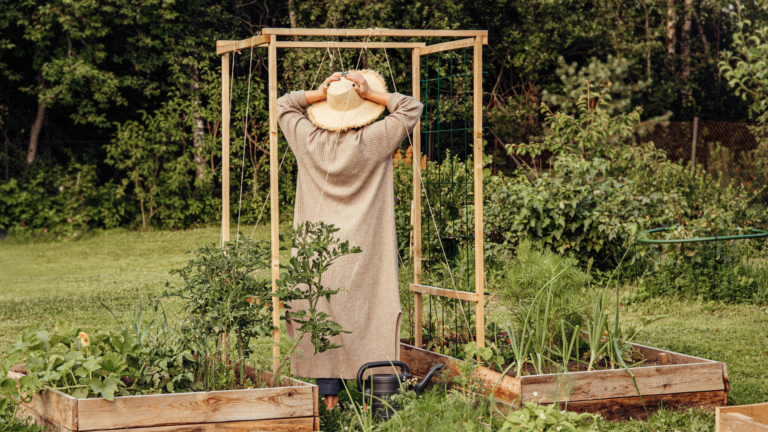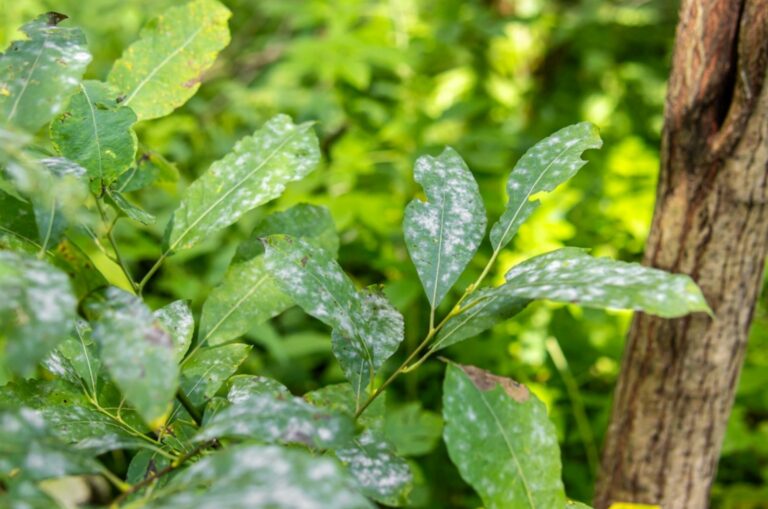8 Environmentally Friendly Ways To Remove Fall Leaves In Vermont
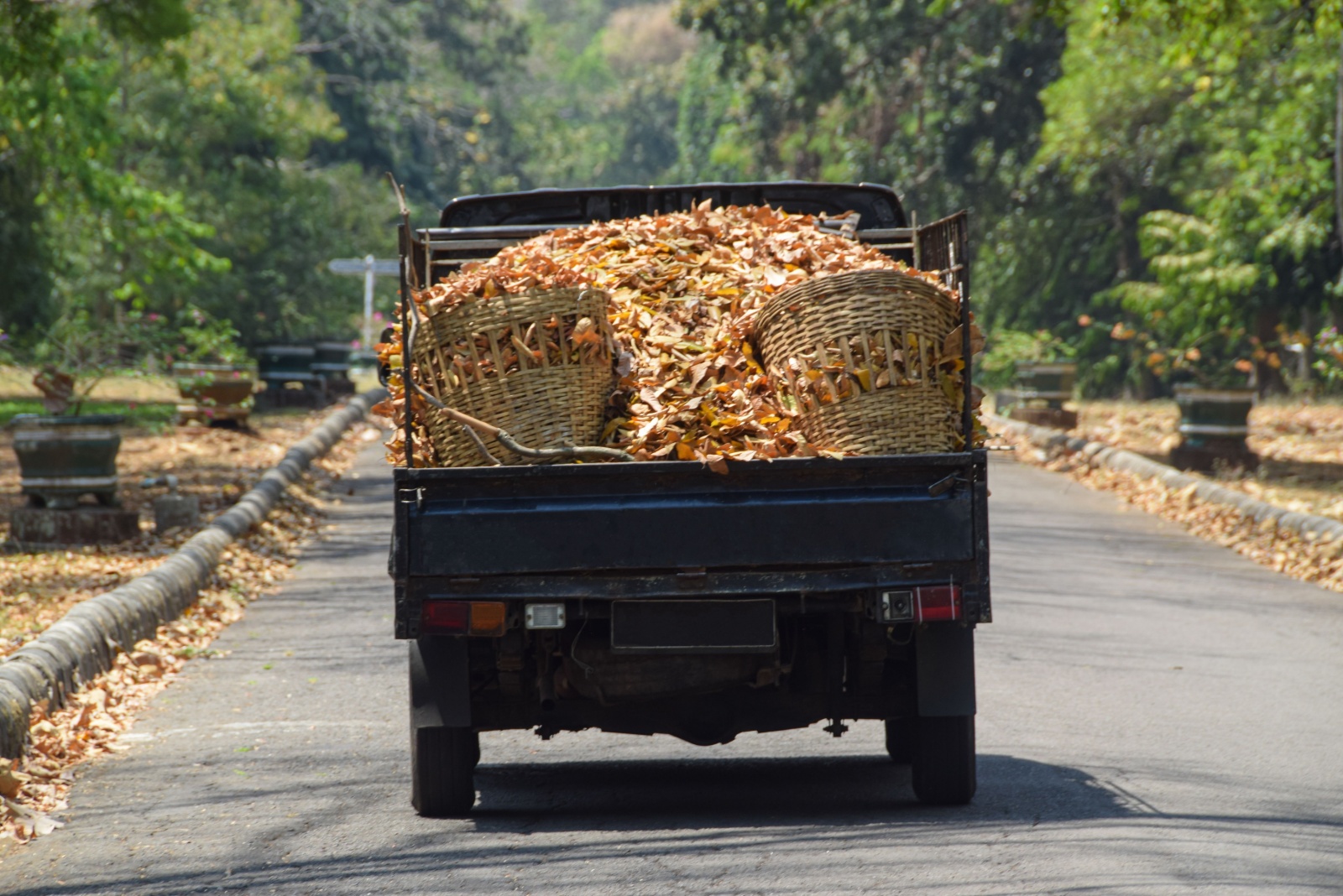
When fall arrives in Vermont, the trees put on a spectacular show of reds, oranges, and yellows. But once those beautiful leaves fall to the ground, they can pile up fast in your yard.
Instead of bagging them up for the landfill or using noisy gas-powered blowers, you can choose greener methods that help the environment while keeping your property tidy.
1. Create A Leaf Mulch Pile
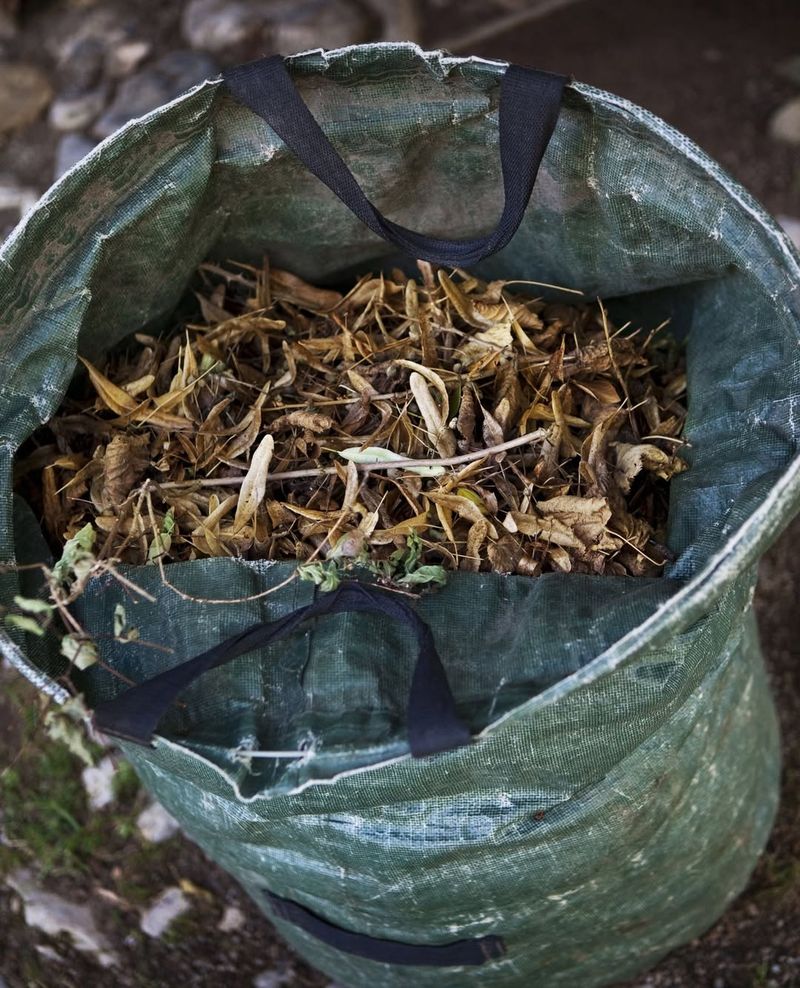
Piling up your fallen leaves in a corner of your Vermont yard creates free mulch that benefits your garden. As the leaves break down over winter, they turn into nutrient-rich compost that feeds your soil.
You can spread this natural fertilizer around your plants in spring. Earthworms and helpful bugs love living in leaf piles too.
Just rake your leaves into a designated spot and let nature do the work for you throughout the cold months ahead.
2. Mow Leaves Into Your Lawn
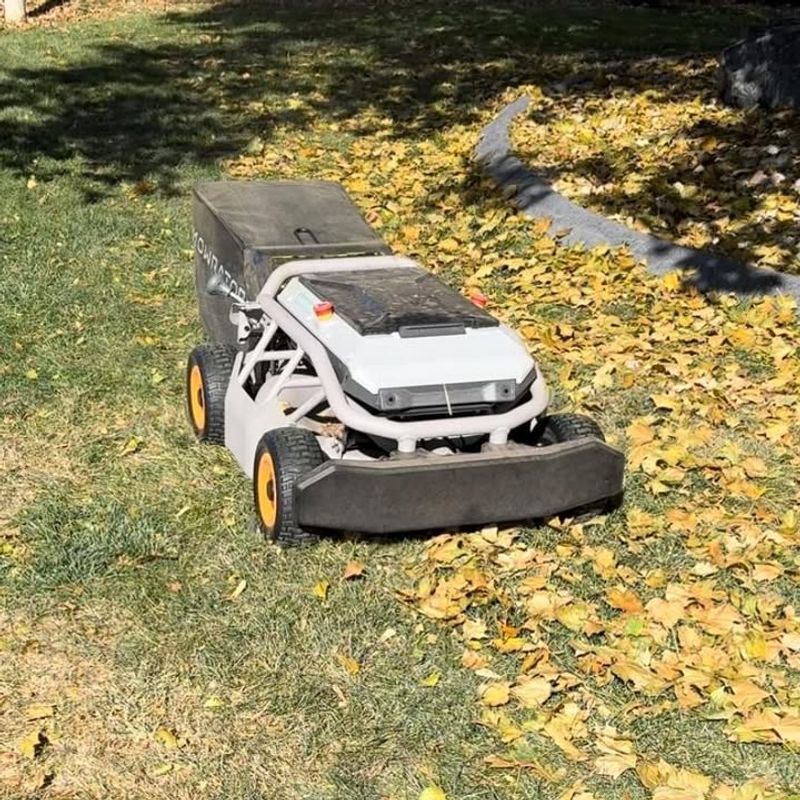
Running your lawn mower over fallen leaves chops them into tiny pieces that disappear into your grass. This method, called grasscycling, feeds your Vermont lawn naturally as the shredded leaves decompose.
The small leaf bits add nitrogen and other nutrients back into the soil. Your grass will actually look healthier and greener next spring because of this free fertilizer.
Make sure to mow when leaves are dry for the best results and easier cutting.
3. Start A Backyard Compost Bin
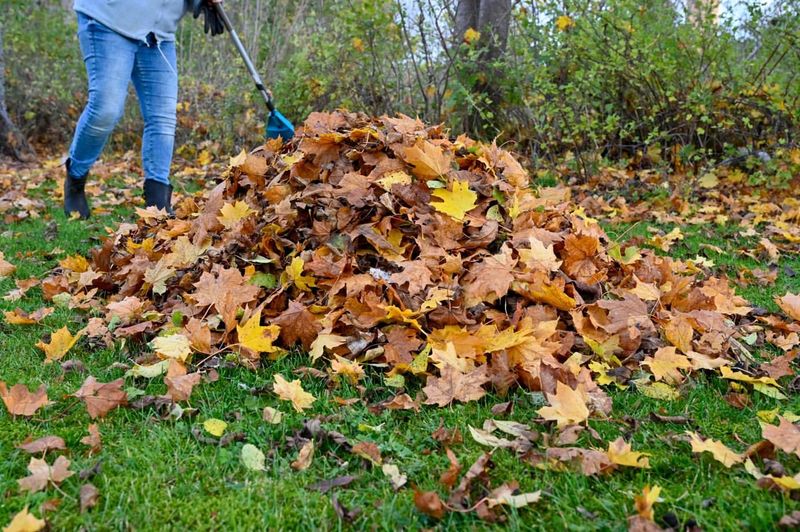
Building or buying a compost bin transforms your leaves into black gold for your Vermont garden. Mix your leaves with kitchen scraps like fruit peels and coffee grounds to speed up decomposition.
Turn the pile every few weeks with a pitchfork to add air and help everything break down faster. Within several months, you will have rich compost to improve your garden soil.
Composting keeps organic waste out of landfills while creating something truly valuable for free.
4. Use Leaves As Garden Bed Cover
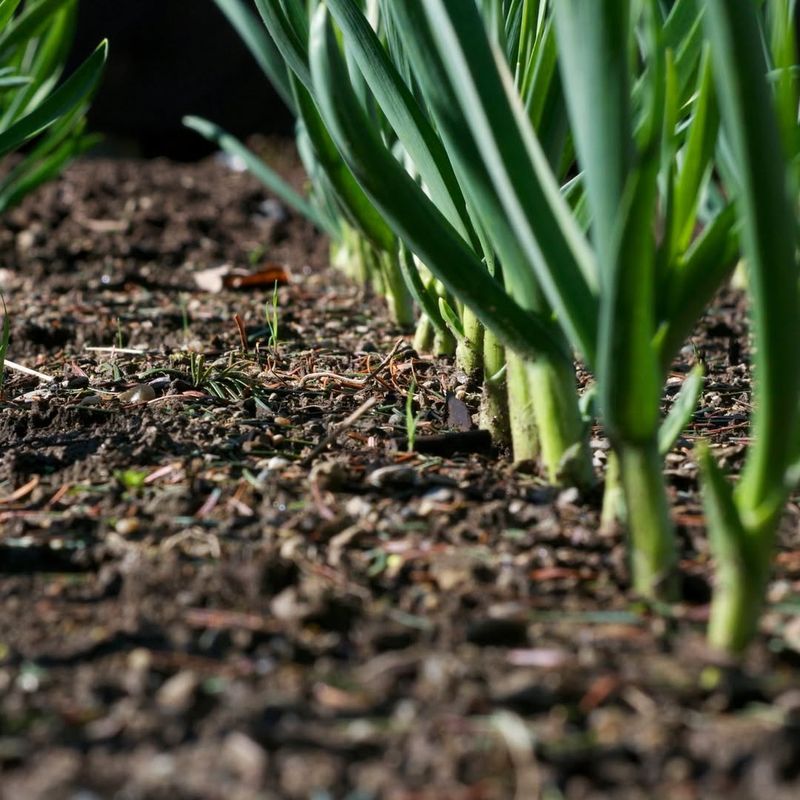
Spreading a thick blanket of leaves over your garden beds protects plants during Vermont’s harsh winters. The leaf layer acts like a cozy quilt that insulates plant roots from freezing temperatures.
As winter turns to spring, the leaves slowly decompose and enrich your soil with nutrients. Weeds have a much harder time growing through this natural barrier too.
Simply rake leaves directly onto empty garden beds in late fall for protection and soil improvement.
5. Collect Leaves For Local Farms
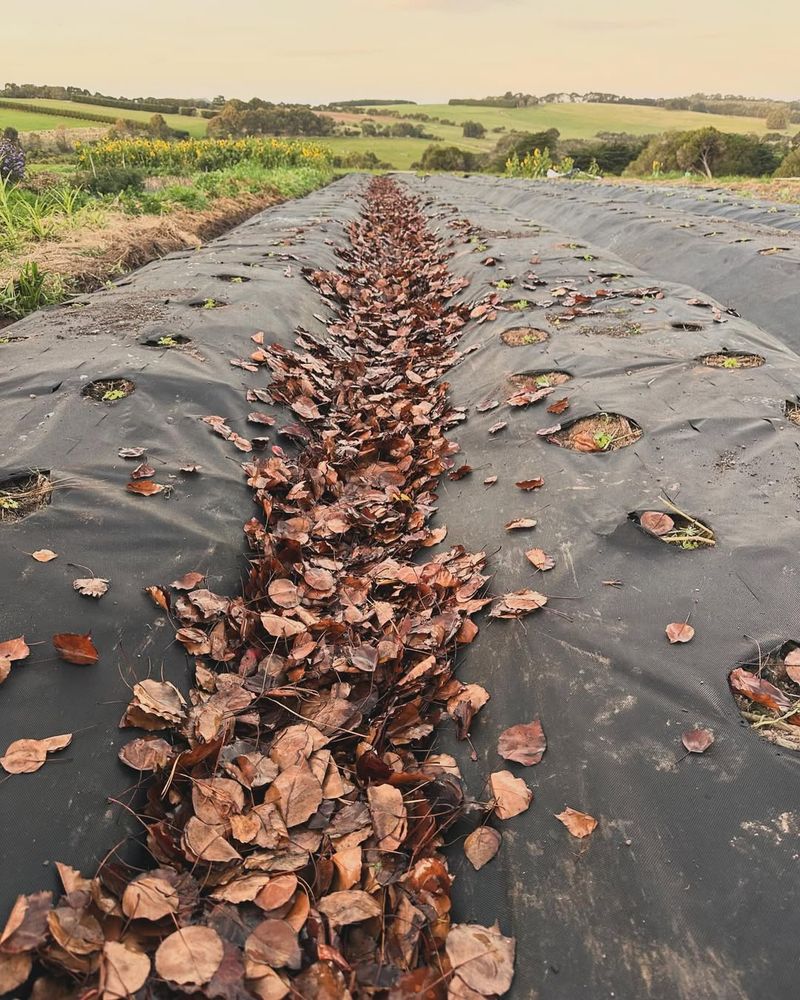
Many Vermont farms and community gardens eagerly accept leaf donations for their composting operations. Farmers use massive amounts of organic matter to build healthy soil for growing food.
Your leaves become part of the agricultural cycle that feeds your community. Contact nearby farms or check with your town hall about leaf collection programs.
You might even receive free compost or vegetables in return for your contribution to local agriculture and sustainable farming practices.
6. Make Leaf Mold For Plants
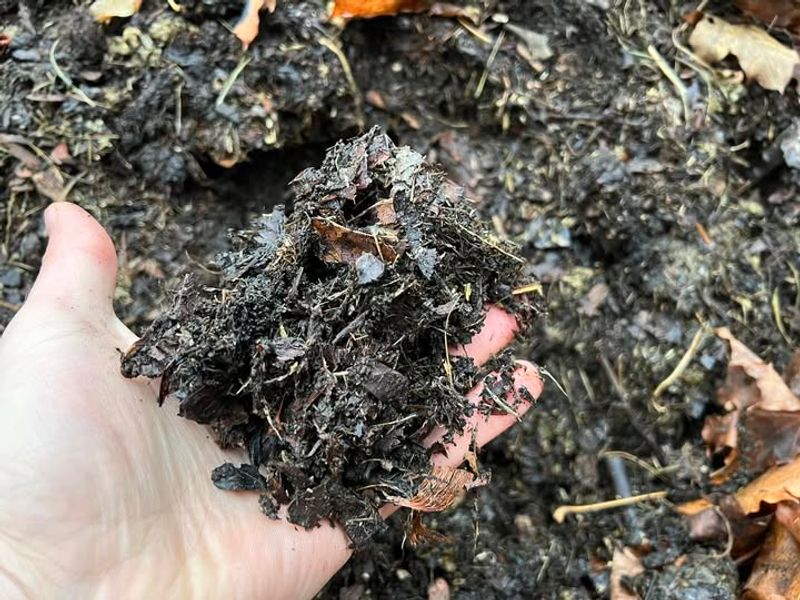
Leaf mold is what you get when leaves decompose slowly without other organic materials mixed in. Rake your leaves into a wire cage or plastic bin and let them sit for one to two years.
The result is a dark, crumbly material that holds moisture incredibly well in Vermont garden soil. Plants absolutely thrive when you add leaf mold to their growing areas.
Unlike regular compost, leaf mold requires almost no effort since you never need to turn the pile at all.
7. Create Wildlife Habitat Piles
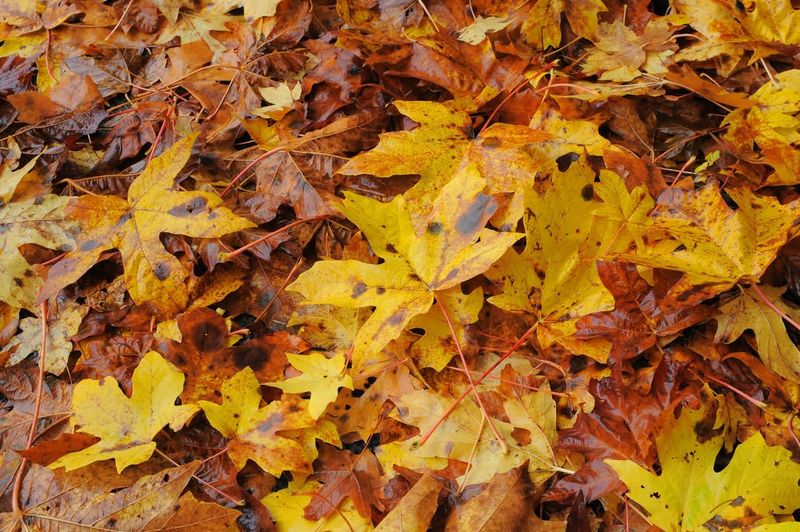
Leaving piles of leaves in quiet corners of your yard creates important winter homes for helpful creatures. Toads, salamanders, butterflies, and native bees all depend on leaf litter for survival during cold months.
Birds visit these piles to hunt for insects and grubs hiding inside. By creating wildlife habitat, you support the ecosystem that keeps your yard healthy and balanced.
Choose spots under trees or along fence lines where leaf piles will not bother anyone.
8. Participate In Municipal Leaf Programs
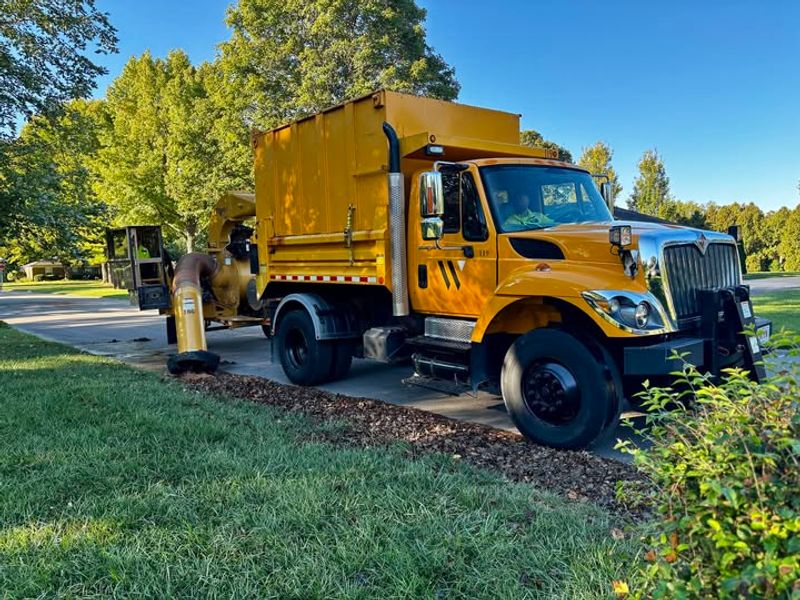
Most Vermont towns offer leaf collection services that turn your leaves into community compost instead of landfill waste. Rake your leaves to the curb on designated collection days listed on your town website.
Municipal programs process huge amounts of leaves efficiently using industrial composting methods. The finished compost often returns to residents for free or gets used in public parks.
Supporting these programs keeps leaves out of waste streams while building community resources for everyone to enjoy.


